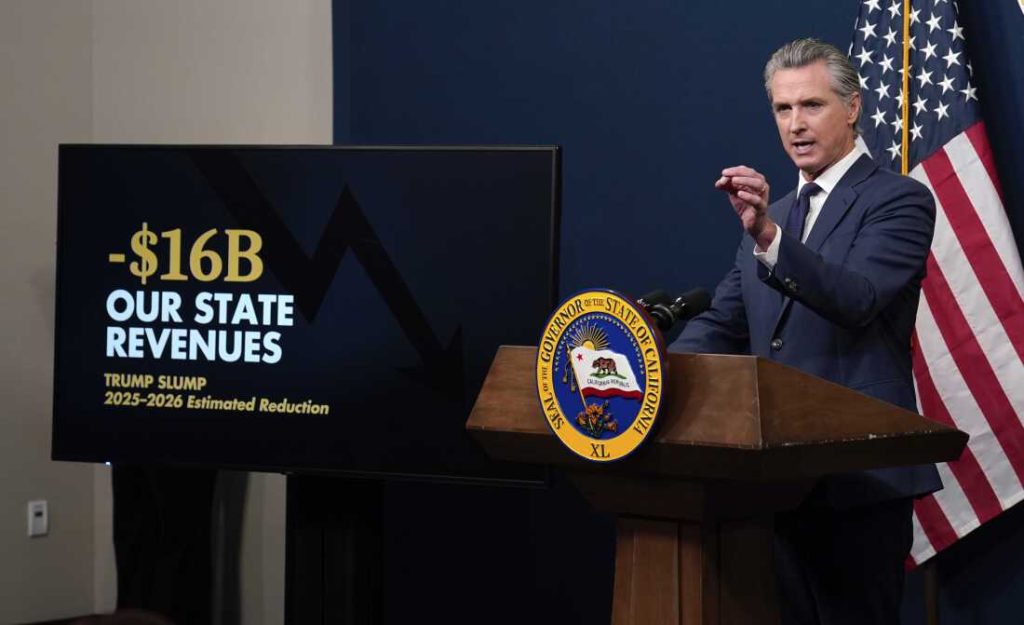A growing number of states are taking bold steps to offer healthcare coverage to undocumented immigrants—but now, the federal government is pushing back hard. In a sweeping policy shift, Washington is threatening financial penalties and stricter oversight for any state that continues to use public funds to cover immigrants living in the U.S. without legal status.
As the debate intensifies over who deserves access to taxpayer-funded healthcare, this clash between state and federal powers could reshape how millions get medical care—and who foots the bill.
What’s the Issue?
In recent years, states like California, Illinois, and Washington, D.C., have expanded their public health programs to cover undocumented immigrants. These efforts, driven by public health goals and moral arguments, have made tens of thousands eligible for routine medical care under programs like Medi-Cal in California or the D.C. Healthcare Alliance.
But while the programs have helped many, they’ve also ballooned in cost. California, for example, is now facing a $73 billion budget deficit, and expanded Medi-Cal access is a major contributor. Some critics argue these programs are unsustainable and unfair to taxpayers.
Enter the federal government.
What Is Washington Doing About It?
The Centers for Medicare & Medicaid Services (CMS) recently announced it will tighten financial oversight on how states use their Medicaid dollars, especially when it comes to non-citizen care. States are prohibited from using federal Medicaid funds for undocumented immigrants, but some have found legal workarounds by fully funding the programs with state money.
Now, new legislation and executive attention are aiming to close those gaps.
Senator Bill Cassidy introduced the Protect Medicaid Act, which would block states from using any federal resources—including administrative funding—for programs that benefit undocumented residents. This means states would be on the hook for the full cost, not just the healthcare itself but also administrative infrastructure.

Legal Challenges Already Underway
Fifteen states have already filed a lawsuit against the Biden administration after a recent federal rule allowed DACA recipients (Dreamers) to enroll in Affordable Care Act (ACA) health plans. The states argue that providing federally backed insurance to undocumented residents undermines immigration law and places financial strain on state systems.
These legal fights could set major precedents in how healthcare, immigration, and federal funding intersect.
Why This Matters
At the heart of the issue is a growing divide in the country: Should undocumented immigrants be eligible for public healthcare programs? Supporters say it’s a basic public health necessity—keeping uninsured people out of emergency rooms saves money long-term. Opponents argue it rewards illegal entry and puts pressure on taxpayers already struggling with inflation and tight state budgets.
States that want to keep offering this coverage may soon have to do it without any help from Washington—not even for back-end support like software systems or case workers.
What’s Next?
With lawsuits filed, legislation pending, and billions in federal funding potentially on the line, this battle is just beginning. States offering immigrant health coverage are preparing for a long legal and financial fight, while the federal government sharpens its tools to rein in spending on what it sees as unauthorized programs.
For now, residents in states like California and D.C. can still access these services—but the rules may change dramatically in the coming months.



